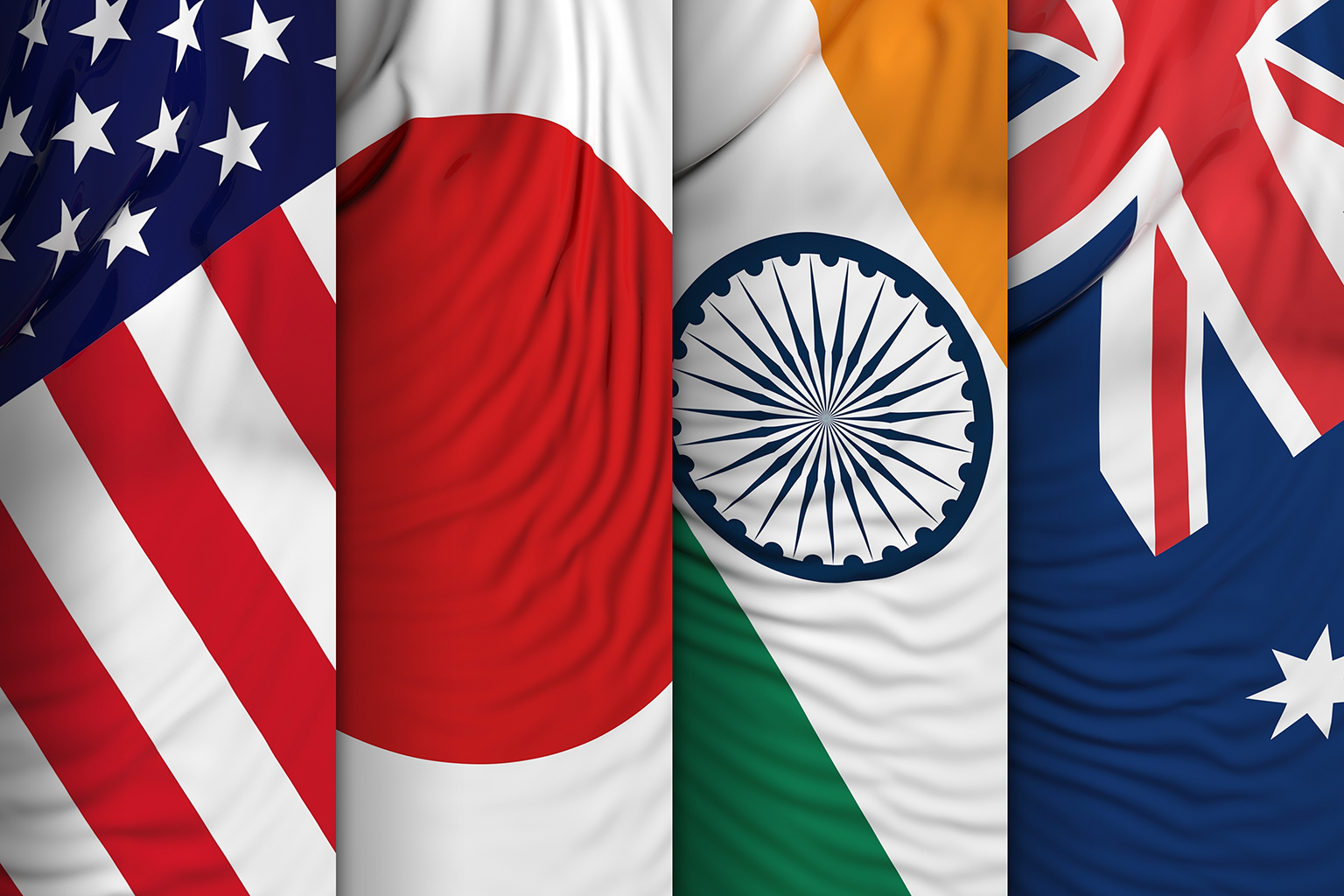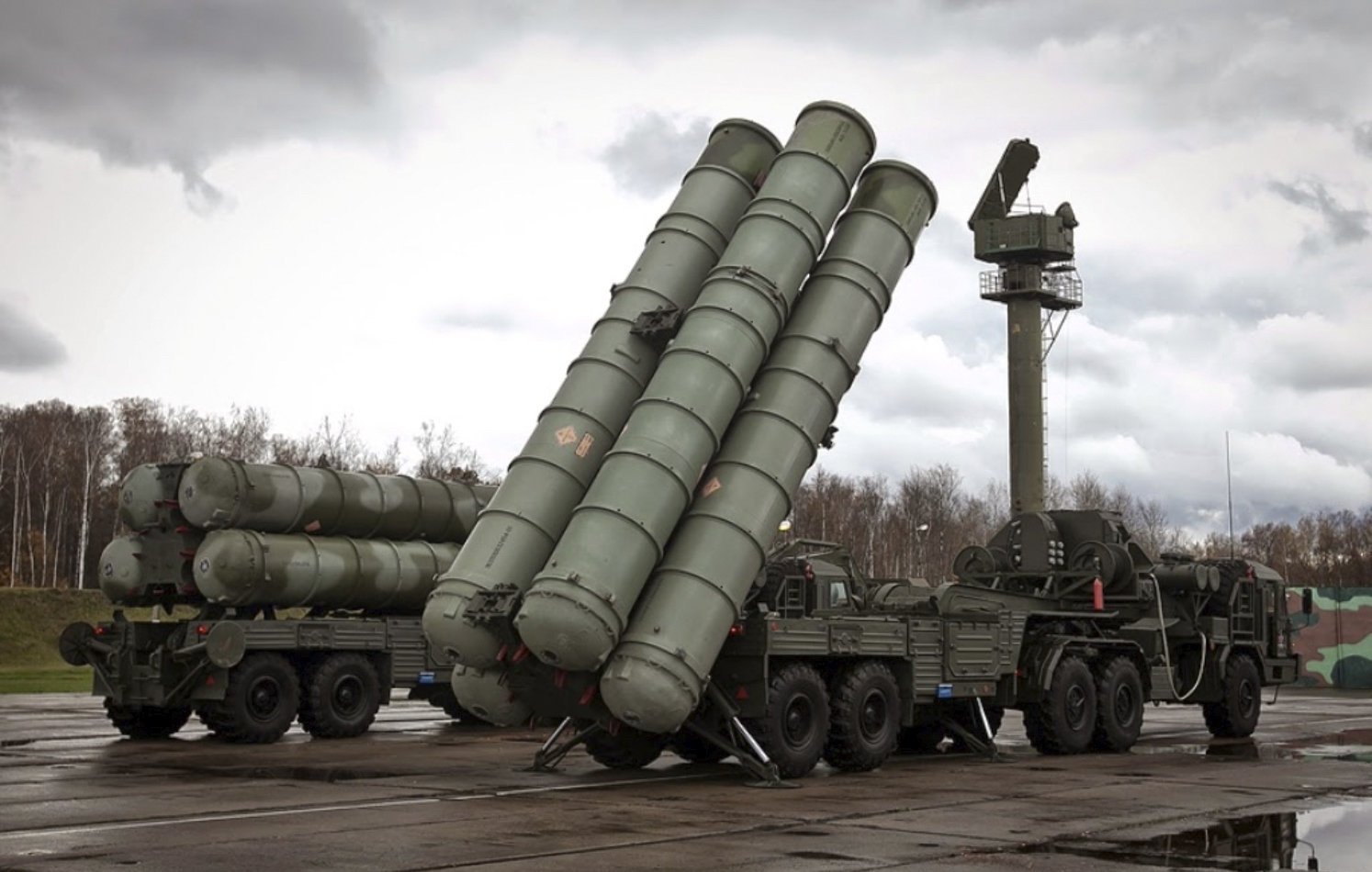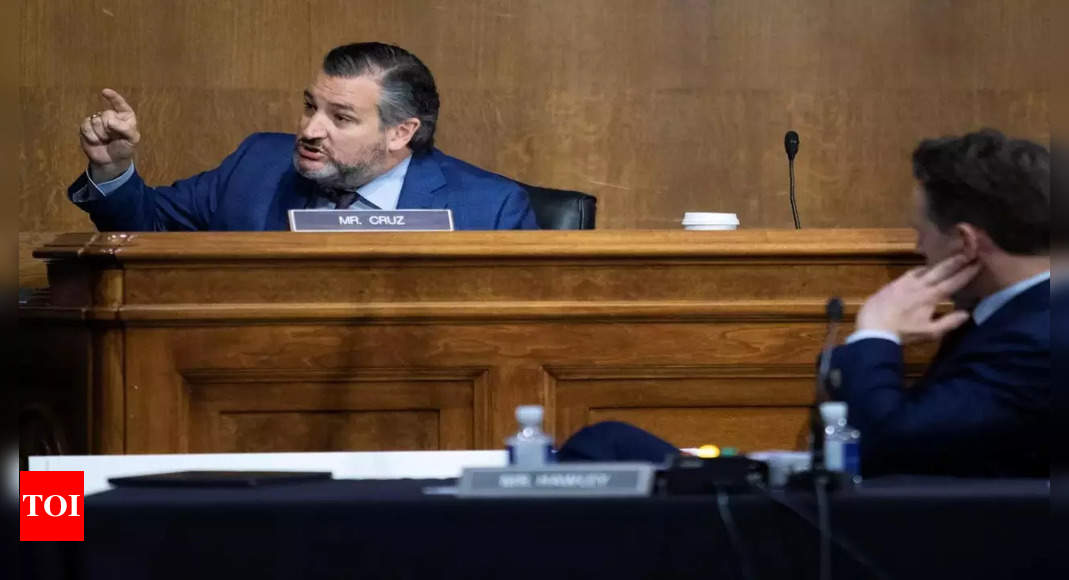The move comes head of India’s delivery of the S-400 Triumf missile defence system from Moscow
Three Republican Senators have introduced an amendment to the National Defense Authorization Act FY2022 – an annual defence budget bill – to make it harder for the executive branch of the U.S. government to impose sanctions on members of the Quadrilateral Strategic Dialogue (Quad) for buying Russian arms. The move comes as India is expected to take delivery of the S-400 Triumf missile defence system from Moscow — possibly this month or next, potentially attracting sanctions under U.S. domestic law , the Countering Americas Adversaries Through Sanctions Act (CAATSA) of 2017.Ted Cruz, Republican Senator for Texas
The latest legislation , called the Circumspectly Reducing Unintended Consequences Impairing Alliances and Leadership (CRUCIAL) Act of 2021, requires the U.S. President to certify to “appropriate congressional committees” that a U.S. Quad partner country (India, Australia, Japan) is not cooperating on “security matters critical to the United States strategic interests,” prior to applying CAATSA sanctions on entities from that country. Effectively, this would mean the administration would have to say the Quad is dysfunctional, before imposing invoking CAATSA sanctions on its members.
The amendment is sponsored by Ted Cruz, a Republican Senator from Texas who is part of the Senate Foreign Relations Committee, and co-sponsored by Republican Senators Todd Young (Indiana) and Roger Marshall (Kansas).
If the amendment goes through, this certification requirement will be in effect for ten years from the date of its passage.

While it is not certain that the amendment will pass, its introduction is one of several recent signals that some U.S. lawmakers have recently been sending the administration to convey their desire not to see India sanctioned under CAATSA.
“Now would be exactly the wrong time for President Biden to undo all of that progress through the imposition of these sanctions, which were meant to deter Russia. Doing so would accomplish nothing except undermining our shared security goals of combatting China’s aggression and forcing India to become dependent on Russia,” Mr. Cruz said in a statement.

S-400 'Triumpf' Air & Missile Defence System manufactured by Russia's Almaz-Antey
Speaking to The Hindu, a Senate Republican aide said that lawmakers recognised the security situation India has with China.
India is at the “center” of the Quad countries “cooperating to counter China,” the aide said, and is “the only Quad member that actually shares a border with China, the only Quad member that has actually lost soldiers in combat with China.”
However, the authors’ intent is to also see a change in India’s procurement practices within a ten year time frame. “So I think I the consideration is that 2033-2034 and beyond, if India is still going to Russia, and is not taking steps to deepen ties with the Quad, I think that's when it would be a different conversation,” the aide said. “So I do think there needs to be steps taken over time.”
U.S. Senators introduce amendment supporting CAATSA sanctions waiver for India
The move comes head of India’s delivery of the S-400 Triumf missile defence system from Moscow
Other reads on the subject from various points of view, including one from Politico with some insider sources:

GOP supports India waiver on Russian weapons purchase

Senate bill introduced asking President Biden to certify QUAD countries with CAATSA sanctions not participating on security matters
(This story has not been edited by THE WEEK and is auto-generated from a PTI
++++
COMMENTS:
COMMENTS:
While it's best to reserve comments until after the CAATSA issue with regard to India is decided one way or the other, I currently have two hypotheses about the situation as it stands (in light of the new amendment introduced by Ted Cruz and others, as well as the earlier activities by both Rs & Ds seeking a waiver, including D Sen. Mark Warner, chairman of the India Caucus):
a) the Biden administration was planning to impose some form of watered-down version of CAATSA so as it avoid the spectacle of "double-standards" or "exceptionalism", while continuing to work with India on platforms where it is crucial such as QUAD, and perhaps continuing arms sales & strategic relations. This may have been unacceptable to the Indian Govt as it could still prove to be enough fuel for both the Russian lobby & the so-called "Non-Aligned" lobby to drive a permanent wedge between India & the US on public platforms, which in turn may prove detrimental to the national security interests of both India, the US and even the other two QUAD states.
Pro-India lobbies across party lines may have been set in motion to prevent this from happening and to grant the waiver, while upping the stakes by making it clear that if CAATSA, in whatever form, were to be imposed, it will have negative effects across the spectrum - including in QUAD as well as the crucial Vaccine collaboration that is forming with the aim of edging out Chinese 'vaccine diplomacy' in South-East Asia & elsewhere.
b) the decision to grant a waiver (which only the President and/or Secy of State can do AFAIK) may have already been reached internally, but in order to avoid the spectacle of this being a "unilateral" foreign policy decision which again brings with it the spectacle of double-standards and/or exceptionalism, there is political gimmickry afoot to make the waiver seem as a Republican proposal, and by accepting it, an image of the waiver decision being reached as a result of bipartisan consensus can be created - alleviating the potential risk of problem actors from both ends of the political spectrum from raking up the issue at a future point to put the Biden administration's foreign policy in a spot.
@Ashwin @randomradio @Nilgiri @BMD @Milspec


